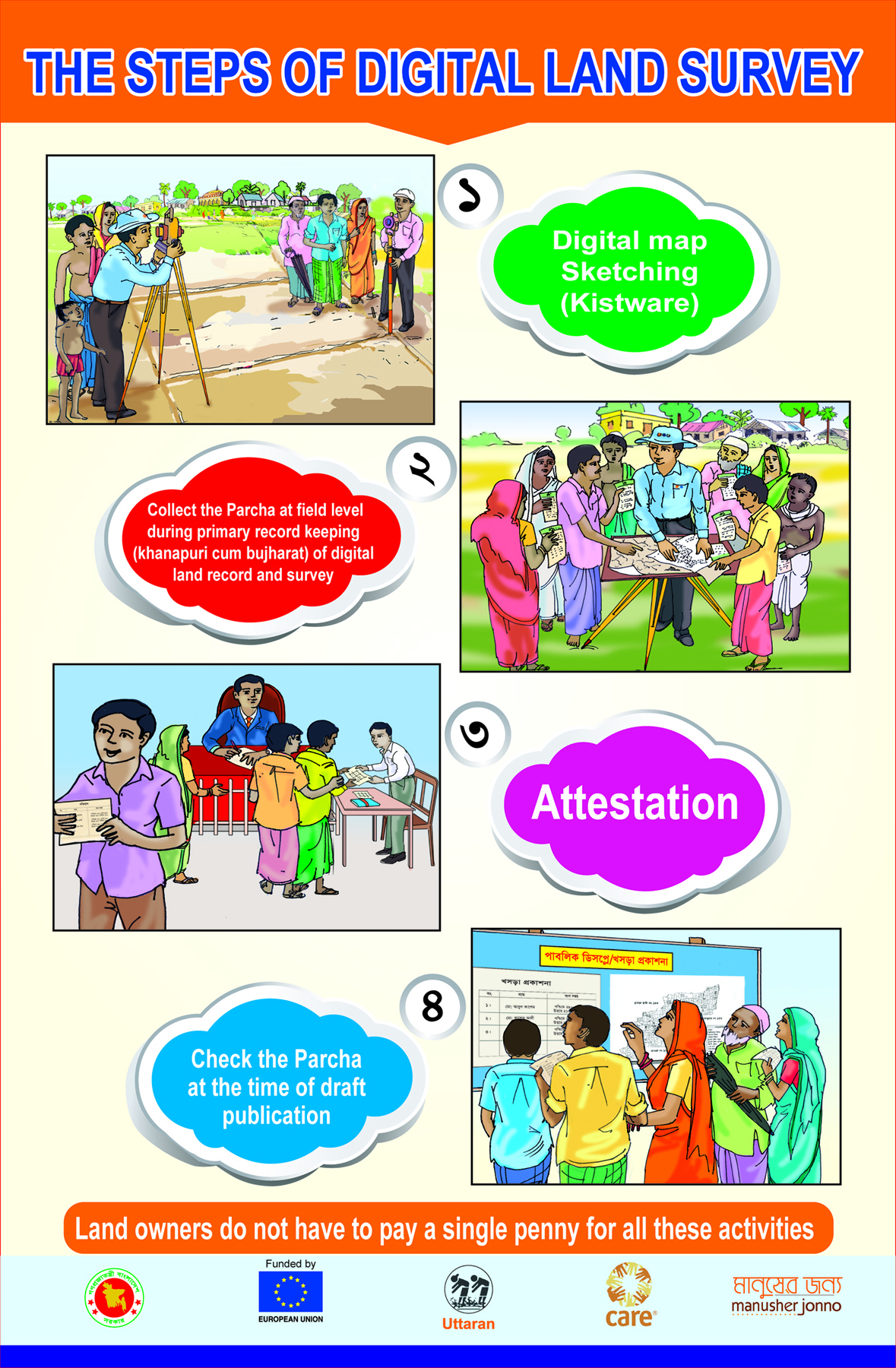World Bank Group and World Bank Corporate Scorecards, October 2015
In July 2013, the World Bank Group
launched its Strategy, outlining how it will partner more
effectively with clients to help them achieve the ambitious
goals of eradicating extreme poverty and boosting shared
prosperity through economic growth, inclusion,
sustainability and resilience. In April 2014, the World Bank
Group Corporate Scorecard was launched for the first time
and the World Bank Scorecard revised to monitor the




